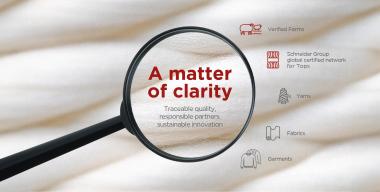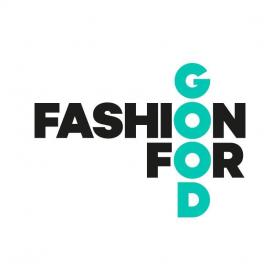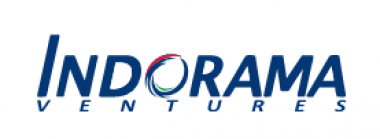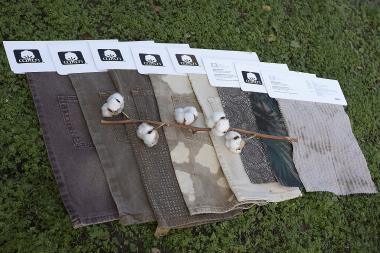INDA: Winner of World of Wipes Innovation Award®
INDA, the Association of the Nonwoven Fabrics Industry, announced that wipes leaders across the supply chain convened for new connections, intelligence, sustainability strategies, and business at the World of Wipes® (WOW) International Conference, June 17-20 in Minneapolis, Minnesota.
The winner of the World of Wipes Innovation Award® was Rockline Industries for their Facial Care Wipe with Glycine Amino Acid Complex. This new Skin Care Wipe contains a unique multifunctional complex of two medium chain glycine, a phospholipid and a blend of special glycol ingredients that provides for a multitude of skin care benefits as well as providing a unique preservation system for nonwovens. The Skin Care Wipe provides substantiated improved skin smoothness, elasticity, and hydration alongside an anti-ageing claim. This innovation is amongst the first to use these glycine ingredients in a Skin Care Wipe formulation.
In a special recognition, INDA presented the 2024 Lifetime Service Award to David Powling, Technical Leader, Kimberly-Clark Corporation (retired), and the 2024 Lifetime Technical Achievement Award to Paul Latten, Director of Research & Development & New Business, Southeast Nonwovens, Inc. INDA honors both Powling and Latten for their decades of contributions to the nonwovens industry as well as being strong advocates for INDA.
The 1.5-day WIPES Academy, led by Heidi Beatty, Chief Executive Officer, Crown Abbey, LLC, and Paul Davies, Ph.D., Consultant, Crown Abbey, LLC, preceded the WOW Conference June 17-18. This course focused on the essentials of wet wipes construction and ingredients. Participants learned how to bring nonwovens, lotions, and packaging together to launch a successful product. The next WIPES Academy will be held July 21-22, 2025 at the Hilton Columbus Downtown, Columbus, Ohio in conjunction with WOW 2025.
The WOW conference program featured experts discussing these key topics:
- Sparkle & Shine: How Wipes Became WOW
- Wiping Smart: The Rise of Sustainable Practices in the Institutional and Industrial Wipe Markets
- Transformative Trends in Wet Wipe Formulations: A Dual Focus on Skin Health and Sustainability
- Leading Alternatives to Traditional Plastics Used in Wipes
- Panel Discussion: Leading Alternatives to Traditional Plastics Used in Wipes
- Eclectic Perspectives: Unraveling the Threads of I&I Wipes and Scaling Strategies
- Putting $$ in Your Pocket
- Recycling & Regulations
In addition to the premium content in the conference program, WOW featured four pre-conference webinars (with recordings available for full conference attendees), tabletop exhibits, Lightning Talks, a Skin Care Formulation Workshop 101, and a mentorship program for participants who are new to the wipes industry.
WOW 2025 will be held July 21-25, at the Hilton Columbus Downtown in Columbus, Ohio.
INDA Association of the Nonwoven Fabrics Industry nonwovens World of Wipes World of Wipes Innovation Award® wipes
INDA, the Association of the Nonwoven Fabrics Industry
































